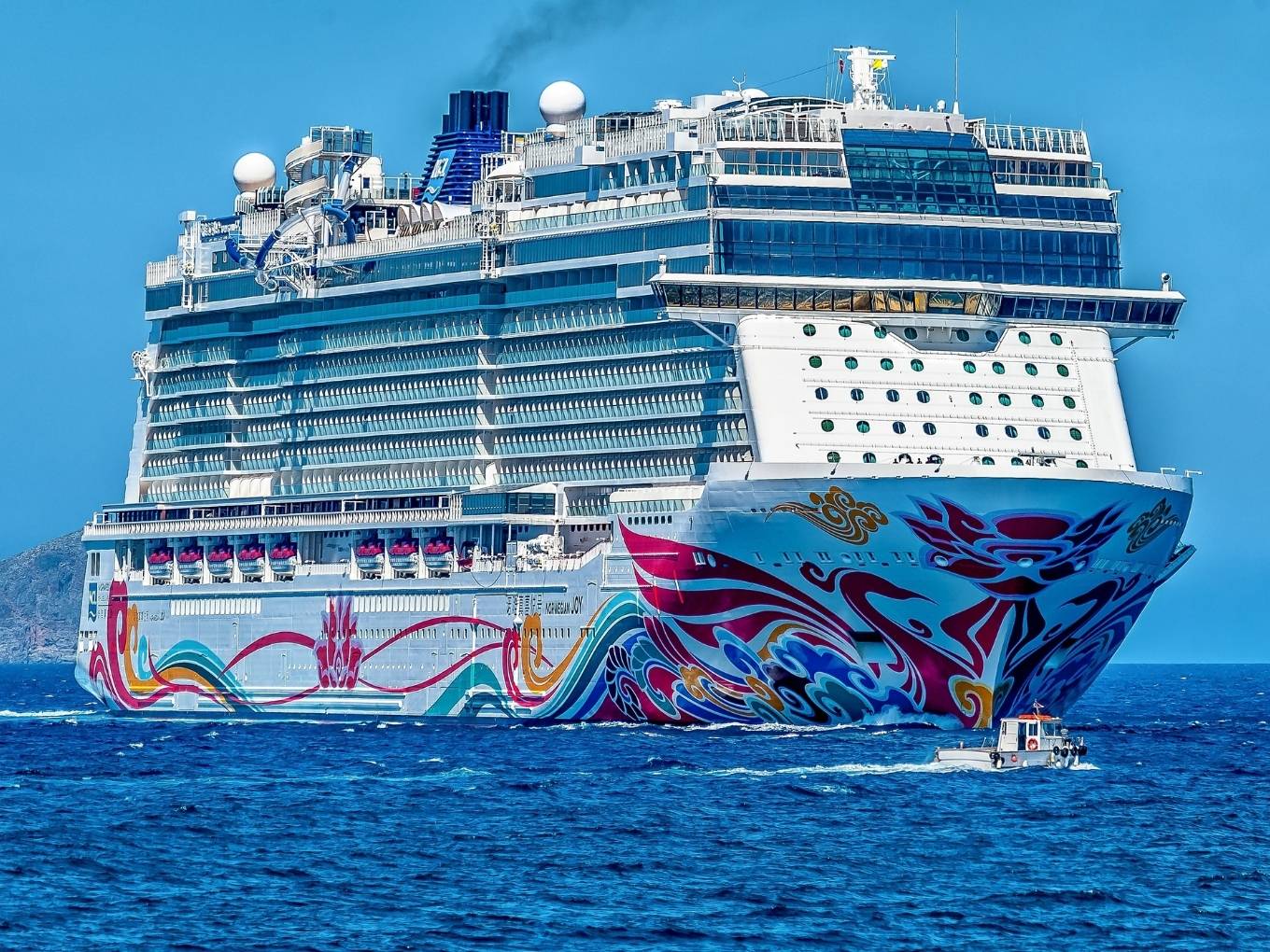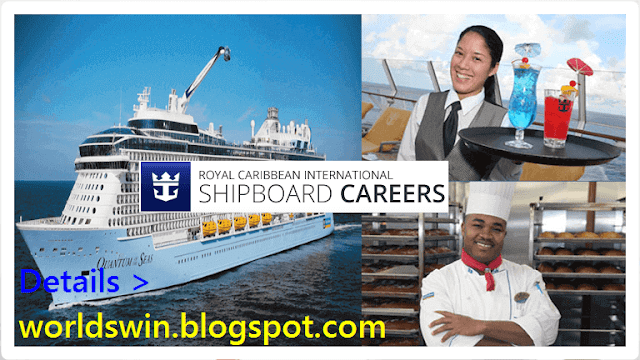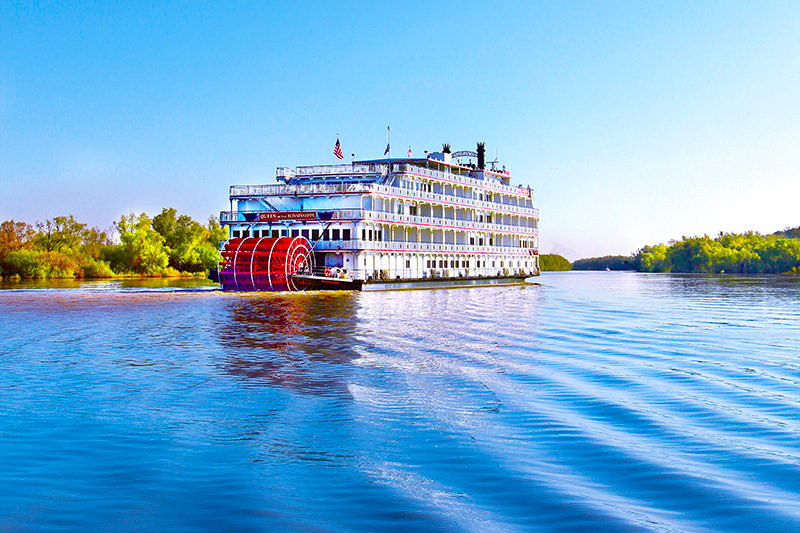
You may want to know more about the Cruise Lines International Association if you are thinking of cruising and don't know where or how to get started. The Cruise Lines International Association is a non-profit consulting organization that works to create healthy, safe cruise ship environments. The association also offers travel agent training programs and sponsors events to help promote the cruising market. Learn more about the association here:
CLIA (the Canadian Institute for Legal Advice) is a nongovernmental consultative group.
The CLIA is an international non-governmental consultative organization of cruise lines that advocates for their members. The group sponsors events that increase cruise vacation popularity. The World Largest Cruise Night and other marketing programs for agents are sponsored by the group. It is also well-known for its Hall of Fame Gala, which features ship inspections, intensive training, and panels with top executives from the cruise industry.
CLIA worked to develop appropriate guidelines for different ship types and sizes, while the UK government maintains its commitment to fighting maritime crime. CLIA is also a member the International Maritime Organization (a specialized United Nations agency). The IMO is charged to improve safety at sea, protect the environment and prevent ships from polluting oceans.

It supports policies and practices that promote safe, secure, healthy, and enjoyable cruise ship environments
This document addresses the health risks for passengers, crew members, and other personnel aboard cruise ships. There are several public health interventions that can reduce the likelihood of disease outbreaks. These include screening for COVID-19 which is the most common traveler-infected respiratory virus. These recommendations include increasing medical capacity onboard, reducing the possibility of asymptomatic transmission, as well as using respirators and masks, such KN95. This mask should be worn by all crew members in indoor or crowded settings.
Maritime safety regulations are another area where the cruise industry must adhere to. IMO is the United Nations' agency for marine safety. It is responsible to ensure the safety of vessels and reduce pollution. Since its founding in 1948, the organization has focused on maritime pollution prevention and safety. Although it does not have any regulations regarding cruise ships it is responsible in developing best practices to increase safety and protect the environment.
It provides a complete training program for travel agents
The international association of cruise lines offers a comprehensive training program for agents in the travel industry. The program is progressive and focuses on practical experiences. There are five levels of certification. Travel agents learn advanced marketing, sales, presentation and customer-focused marketing skills during the certification. An agency CLIA will issue a letter of confirmation to all agents who successfully complete the course.
CLIA CDL is designed to help travel agents working in management roles at CLIA-affiliated agencies. This comprehensive program consists of six mandatory courses and three electives. Graduates of the program receive the designation of CTA and can sell cruising to a variety of clientele. The program costs $59, which does not include ship inspections or enrollment fees.

It sponsors events to boost the visibility of cruising
The Cruise Lines International Association, or CLIA, is an organization that represents the world's cruise lines. Its members include suppliers and travel agents as well as cruise line operators. Its events help to raise awareness of cruising as well as support industry growth. CLIA's events include National Cruise Vacation Month and the World Largest Cruise Night. The association's Hall of Fame Gala is a must-attend event for travel agents and industry executives.
Recently, the Gibraltar Tourist Board announced a long-term associate partnership with CLIA to further boost its brand name and boost brand awareness throughout the region. CLIA's annual CLIA Cruise Forum will be sponsored by the agreement. It will also sponsor CLIA’s flagship conference, which will be held in Southampton (England), in 2022. Sponsoring CLIA's events will also provide Gibraltar with trade exposure through the association's website, newsletter, and yearbook.
FAQ
Is it necessary to have a passport in order to cruise?
If you want to travel the world, you should have a passport. You can visit any country you want without needing to obtain a visa.
In some countries, you may not be allowed to enter if your passport isn't valid. It allows you to travel longer abroad.
How much does a cruise vacation run?
The average cruise vacation cost is $1,000 per person, plus taxes and fees. For a family with four people, the average cost is $4,200. This includes all meals, drinks and entertainment. It also includes port fees, gratuities, and other shipboard amenities.
Is a cruise good vacation?
The best vacations are when you don't have to think about anything but relaxing and enjoying yourself. A cruise is exactly what the doctor ordered.
What is the all-inclusive cruise ship?
They do not include meals for guests with restricted diets. There is no room service, laundry service, or other amenities like spas, pools, gyms, etc.
Certain cruise lines offer "all inclusive" packages, which include all the necessary amenities except alcohol. These packages typically include airfare, hotel accommodations and entertainment.
Can I bring my pet along?
Most cruise lines allow pets aboard. However, there are some restrictions. The first is to make sure your pet can travel. You should not allow pets that are too sick to travel onboard. If they are service dogs, they cannot be brought on board. Service dogs are trained for disabled persons. You can't bring any type or dangerous animal to board.
How long does it take for you to get to port?
The distance between the port, the ship's speed, and other factors affect the time it takes to get to the port. Important to remember that some ships dock very close by shore, so they can unload their passengers as quickly as possible. Other ships dock further away from land, so it takes longer for the ship to arrive.
Statistics
- In addition, 10 to 15 percent gratuity is typically added to bar bills — for alcohol and soft drinks — and gratuities are applied to spa treatments. (cruiseline.com)
- *20% Gratuities Apply on Free Unlimited Open Bar; Free Specialty Dining. (ncl.com)
- You can save 15% off the total price if you book in advance of your trip. (travel.usnews.com)
- The line estimates savings of 50% when you purchase this bundle. (travel.usnews.com)
External Links
How To
How to avoid being seasick while on a cruise
The best way to avoid seasickness on a cruise is by wearing a hat. A wide-brimmed head hat can prevent motion sickness. It keeps the head still and helps keep it from moving.
Also, a cap keeps water off the skin and helps to reduce the moisture content of the air. This makes it easier to breathe for those who experience dizziness when inhaled moist air.
Another tip is to drink lots of fluids. Avoid alcohol or caffeine. These drinks dehydrate your body, making it more difficult for fluids to move around in your stomach. Drinking enough liquids will help reduce the amount of salt in the bloodstream. The body retains water due to salt, which can lead to nausea.
Try eating salty foods if you feel nauseated. Salty foods increase the production of hydrochloric, which helps to break down food.
There are medication options available to help seasickness. You should be aware that side effects can include dry mouth and constipation as well as headaches.